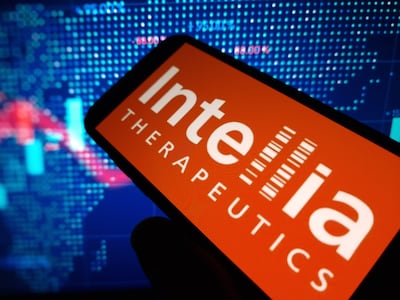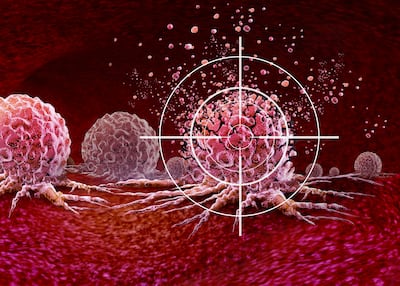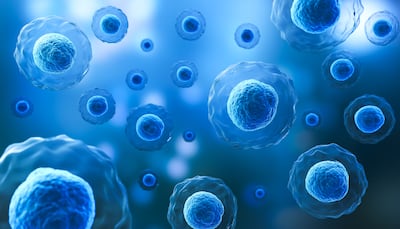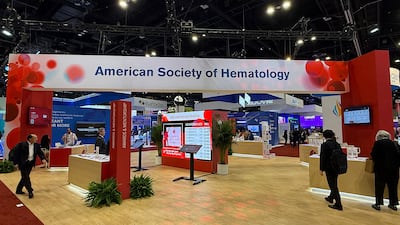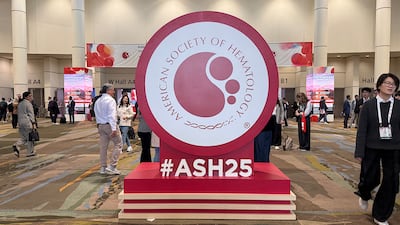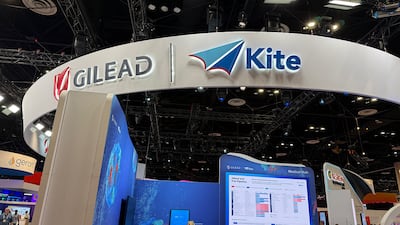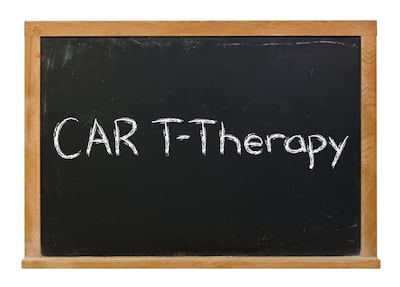Advanced Therapies
Enthusiastic predictions from industry leaders for ongoing progress in obesity, oncology, immunology, neuroscience and more were supported by optimism for the potential of AI and other technological advances to enable breakthroughs in processes as well as pipelines.
The company said the NEAT trial in ataxia telangiectasia did not meet the primary and key secondary endpoints.
The company said the FDA placed the hold on RGX-111 and RGX-121 after a patient in its RGX-111 trials developed a brain tumor, the cause of which remains under investigation.
The US giant could pay up to $1.12bn to the German biotech after getting access to its programmable recombinase technology.
Despite the positive update, uncertainty regarding the future of Intellia's second Phase III trial for nex-z, which is till on hold, remains.
While several companies await regulatory approval decisions on their cell therapies in Japan, BioCardia proceeds with discussions on an NDA filing and Innovacel readies an IPO.
The Phase II data for intismeran autogene in melanoma were mostly incremental, but the program’s continued success is a cornerstone of Moderna’s breakeven strategy.
Patrick Soon-Shiong said that lymphodepletion may end up being proven unnecessary, especially with some of the newer cell therapy approaches.
Following Ribo Life Science’s recent Hong Kong IPO, an investor shares views with Scrip on the prospects for China's siRNA developers and likely deal trends in 2026.
The company announced positive preliminary results from its Phase II study of the gene therapy in geographic atrophy secondary to dry age-related macular degeneration.
Immunis thinks its secretome-based biologics could provide off-the-shelf therapies for metabolic conditions related to aging. Monotherapy or combination with GLP-1 agents is being considered.
The firm founded by Treg cell discoverer Shimon Sakaguchi is building up its US team and refining R&D strategy and manufacturing processes to create an example and global path for other Japanese ventures.
With registrational Phase II data in Stiff Person Syndrome, Kyverna intends to file a BLA for mivocabtagene autoleucel in 2026. Longer term, it hopes to get the CAR-T approved for myasthenia gravis.
Next-gen CAR-T therapies showcased at the American Society of Hematology's annual meeting promise improved efficacy and safety, with Novartis, Gilead, and Kelonia advancing pivotal trials and exploring in vivo approaches.
The company presented data on four patients as a late-breaking abstract at the American Society of Hematology meeting.
The base-editing company’s risto-cel may have an efficacy edge over Vertex’s Casgevy, but both will be held back by safety concerns about chemotherapy preconditioning for patients.
The company presented positive efficacy and safety data from its registrational Phase II iMMagine-1 trial at the 2025 ASH meeting.
Tessera, which claims its gene-writing technology offers functionality beyond gene-editing, hopes Regeneron can accelerate development of its preclinical alpha-1 antitrypsin deficiency drug.
With Gilead reporting that both of its approved CAR-Ts saw sales declines as other products saw growth, a mixture of different competitive headwinds seems to be behind the disparities.
The CEOs of two early-stage biotechs explain to Scrip why investor interest in ocular gene therapies is surging and how they aim to attract big pharma partners.





